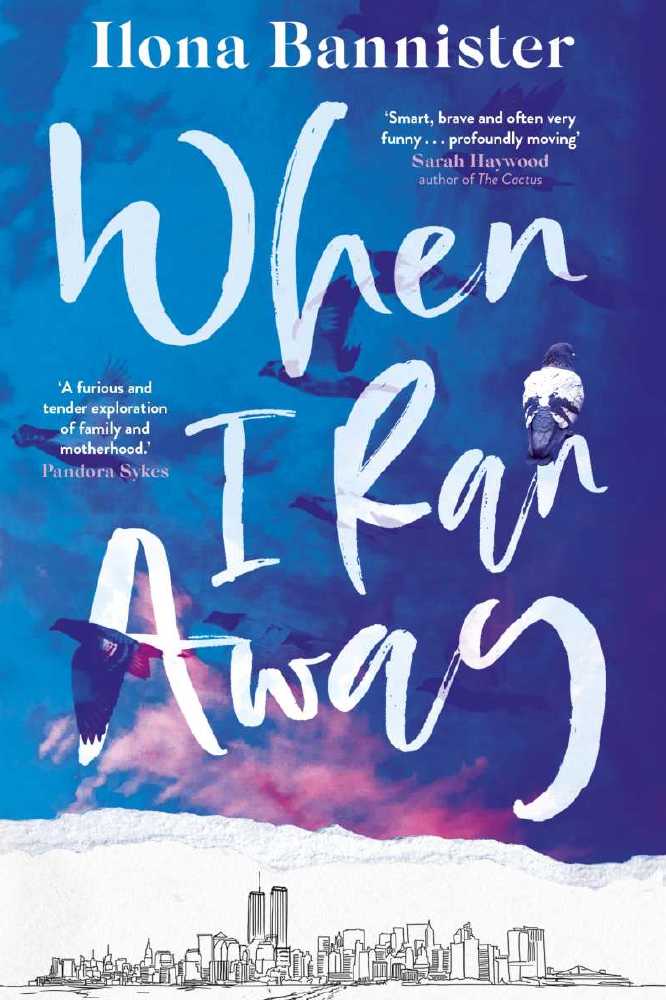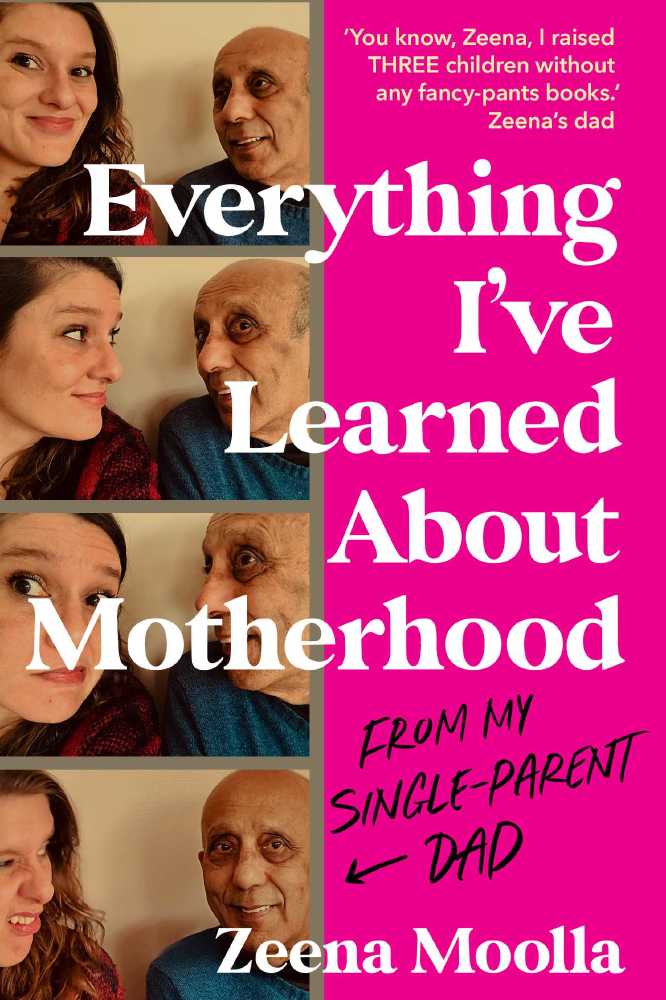I used to be an immigration lawyer. I loved it. Then I had children. I loved them too. Still do. But I wasn’t the same person after two traumatic, emergency c-sections, so I took a break from the first love to look after the second. One year became two, then three, and when I was ready to return to the law, I couldn’t find a job that paid more than the cost of childcare. I also couldn’t get hired. I found myself a stay-at-home mother with two children under age five, a dormant law degree, and most days, no adults to talk to until my husband came home. I was afraid I would never work out in the world again, which is the feeling I drew on to create Gigi’s story of working motherhood in my novel, When I Ran Away.

When I Ran Away
When I found the Faber Academy novel course, I saw an opportunity to change my path. I started to write. I loved it. But I also felt, as many stay-at-home mothers do, like it was an indulgence to have something of my own, especially as I wasn’t earning money with it. So I kept my writing a secret. I thought I’d sound delusional if I told people I was writing a novel. I think mothers who leave work, by choice or not, are often made to feel like any occupation they take up outside the domestic is frivolous. But then I realised that if I dismissed my writing as a hobby, everyone else would too. If I wanted writing to be my job, then I had to treat it like one.
Most jobs, however, don’t require you to do them with a toddler in your arms and a five-year-old on your lap. I had to claim whatever time I could to write, which meant writing from five until seven every morning, even if we’d had a broken night’s sleep, which we often did. I prioritised writing for the three hours a day when both kids were out at nursery and school. This meant letting go of things – cleaning, laundry, food shopping, life admin. That all had to wait. We’re conditioned to think that a woman who leaves work must then put everything and everyone ahead of her own development because she isn’t paid for what she does. But when I changed the priorities – kids first, writing next, domestic stuff whenever – I showed that I valued my work, which meant people around me did too.
But key to writing my novel beyond treating it like a job and changing the priorities at home was having the support of my partner. He believed that my success would be our family’s success. He took on the pressure of supporting our family financially while I wrote and took care of our kids. I learned that you write alone, but a book is a team effort. I learned that women who leave work, by choice or necessity, are undervalued by our society, so only I could define the value of my work if I wanted people to know what it was really worth.
RELATED: Which type of mum on mat-leave are you? by Zeena Moolla
Martyr Mum: She believes sacrificing sleep, night after night, for her ‘helpless little one’, similar to the way Christ sacrificed his life, is the measure of a good mum. She regularly posts in baby forums under the username ‘Amelia’s mummy’ and loves to punctuate with a twee ‘LOL’ and smiley winky face. However, emojis soon turn to angry, frowny faces should anyone dare mention – whisper it – controlled crying…to read more click HERE


